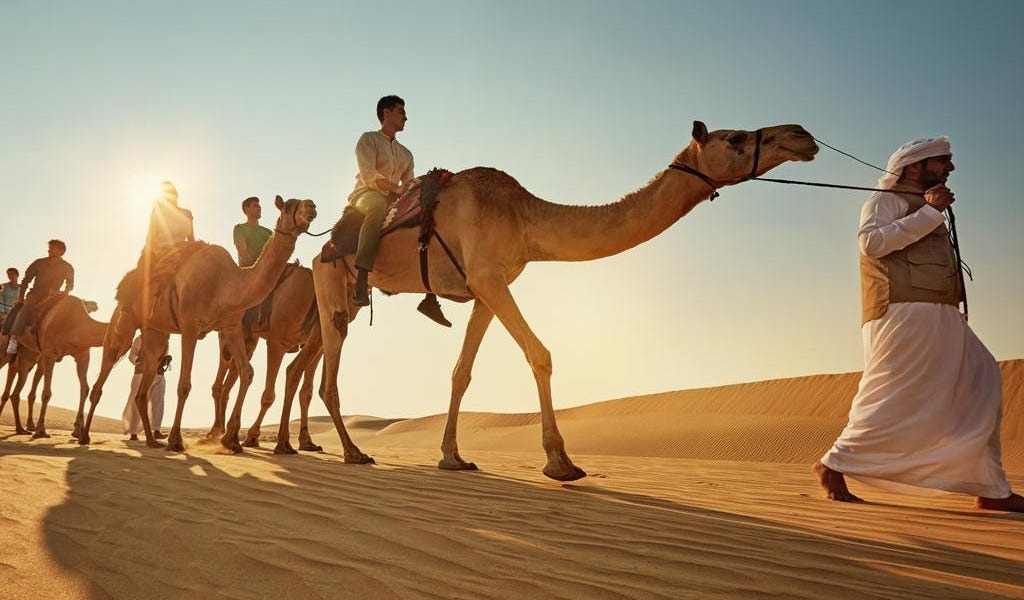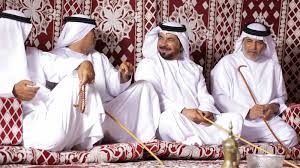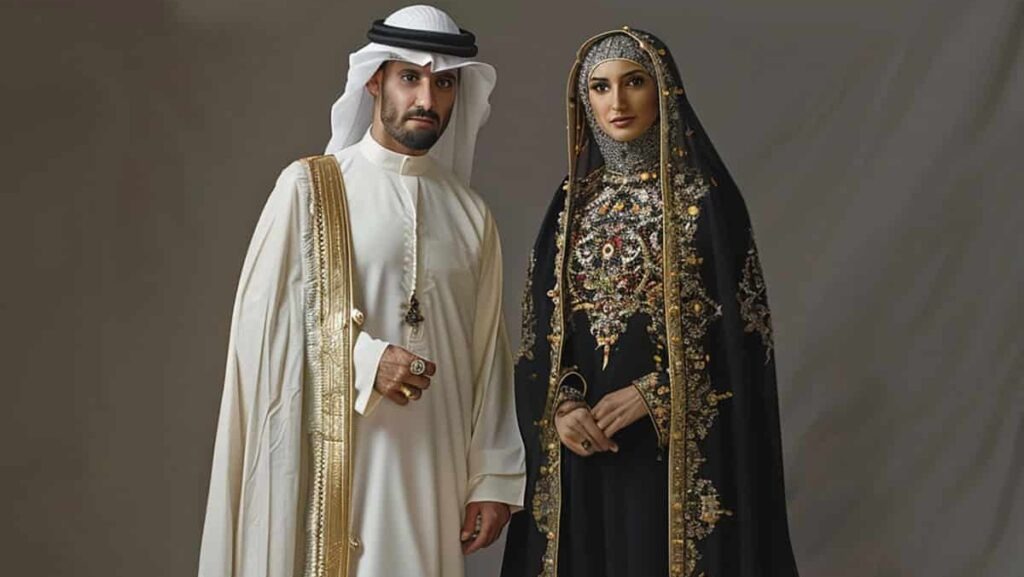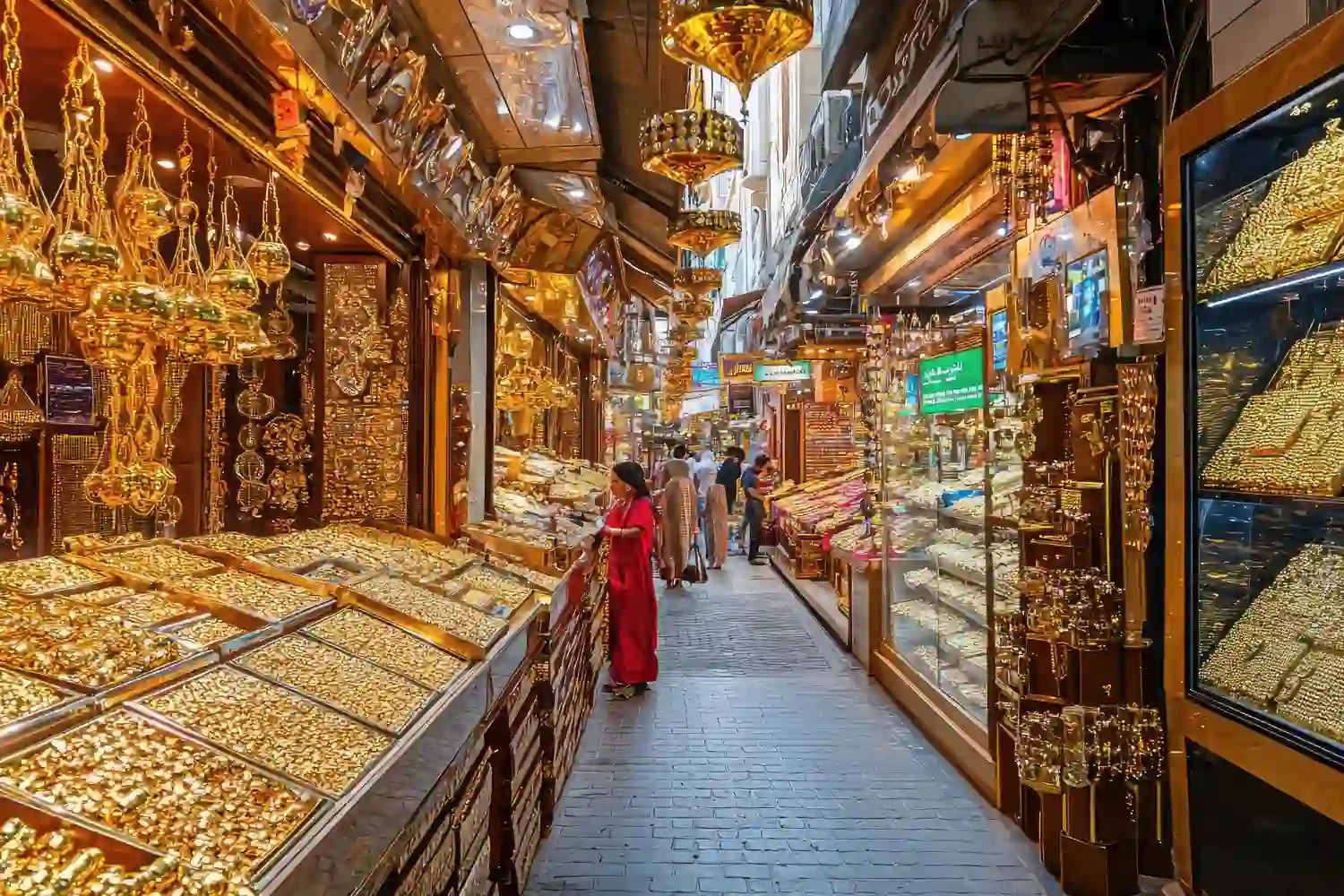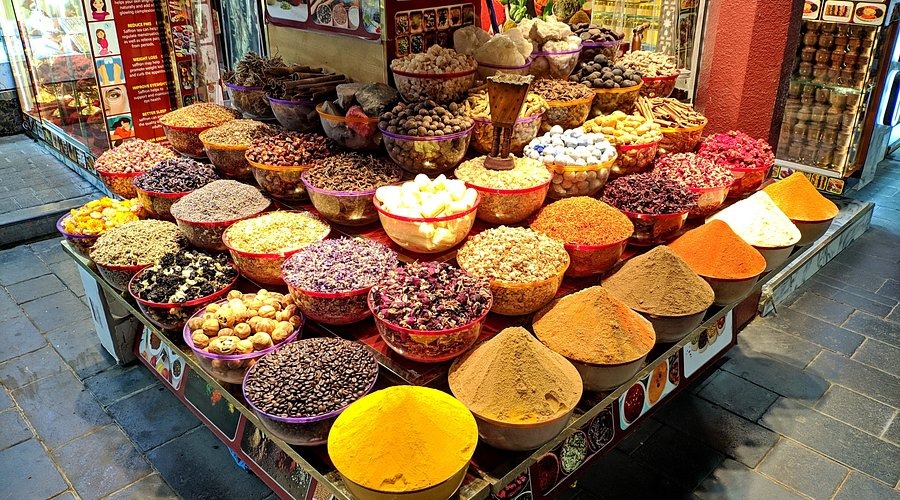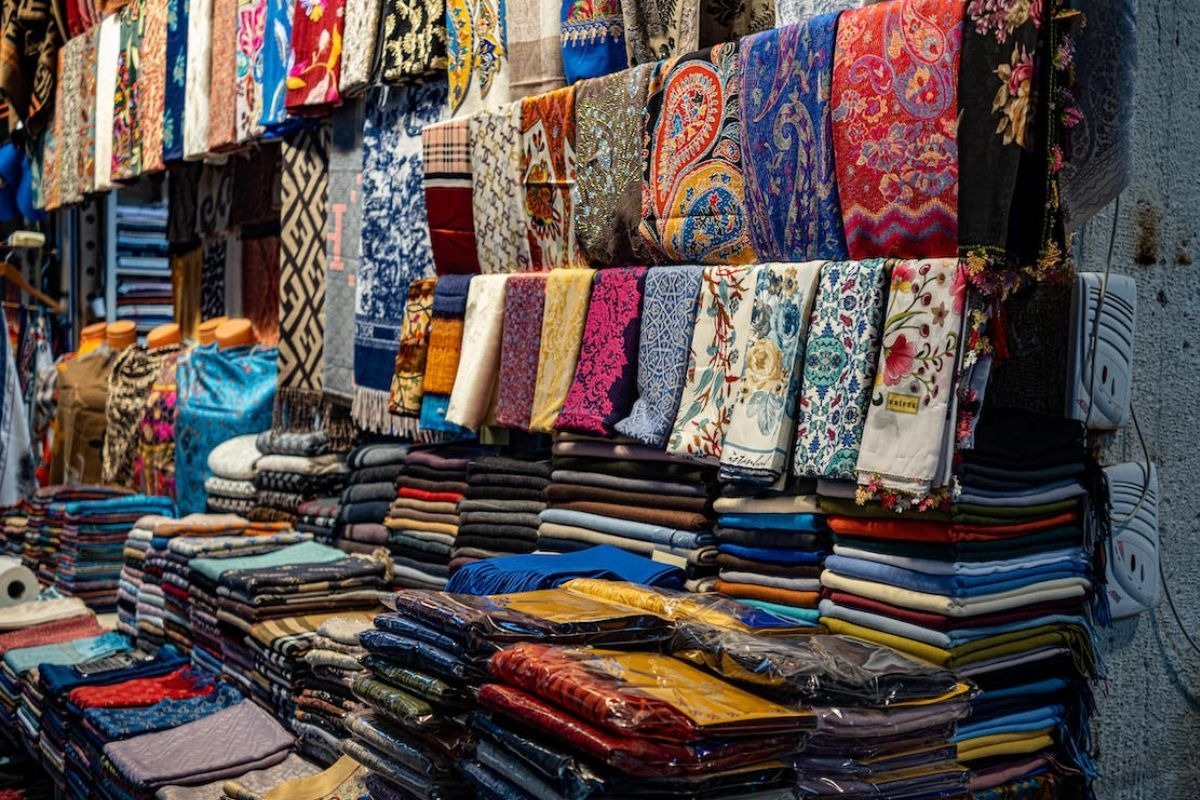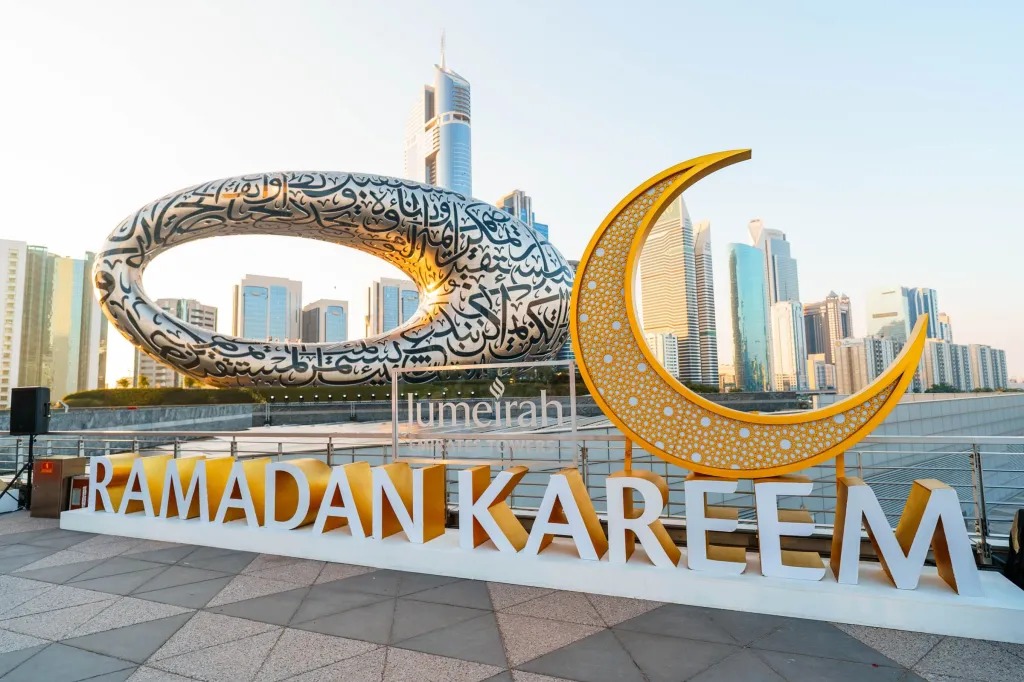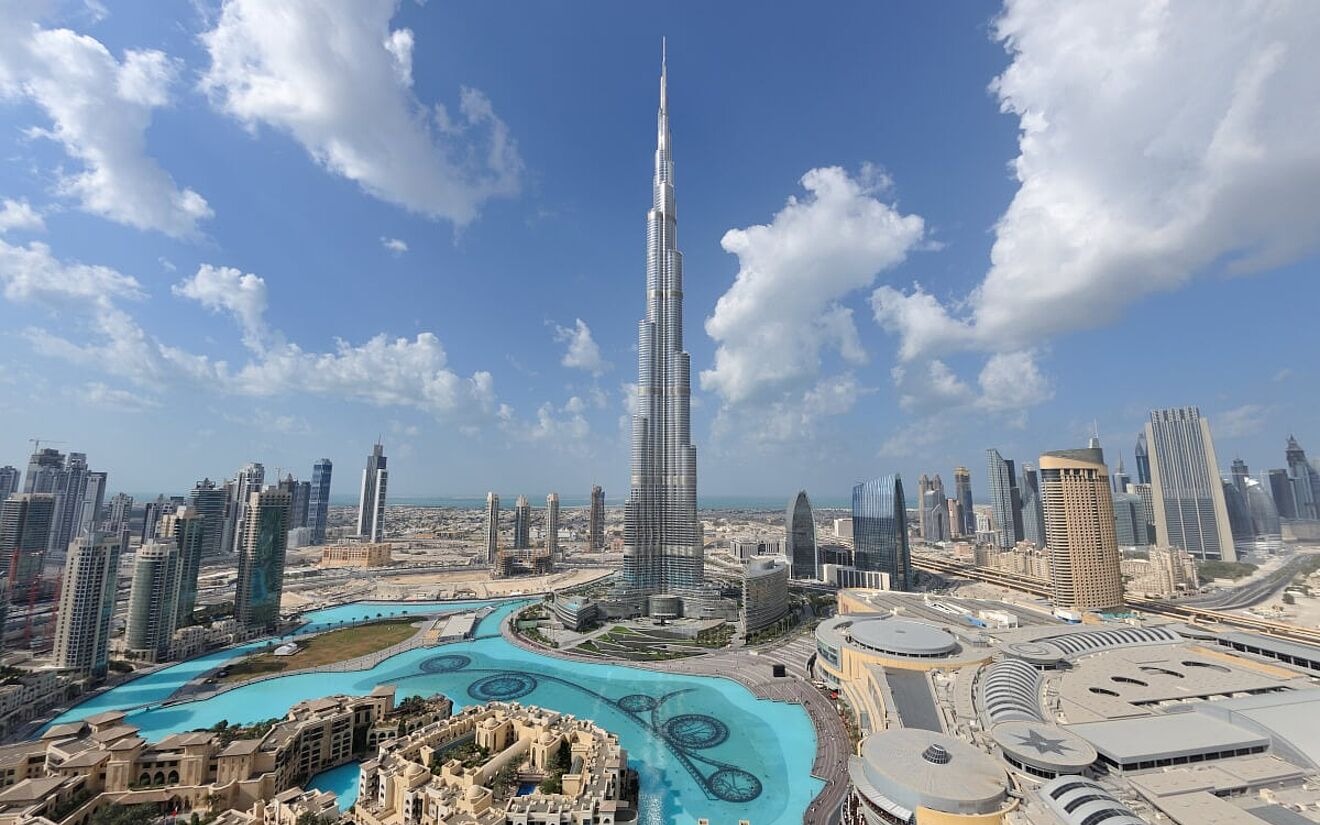Timeless Traditions: Exploring Emirati Heritage in Modern Dubai
Dubai is often celebrated as a futuristic city of skyscrapers, luxury shopping malls, and extravagant attractions. Yet, beneath this glamorous exterior lies a rich cultural fabric woven with centuries-old traditions. The Emirati heritage continues to thrive in everyday life, festivals, architecture, and food, giving visitors a chance to experience the soul of Dubai beyond its modern facade.
If you are planning a cultural journey with a Dubai tour package from Delhi, this guide will take you through the timeless traditions that shape the Emirati identity while coexisting with modern innovation.
1. The Bedouin Roots of Dubai
Before oil transformed the UAE, Dubai was home to Bedouin tribes who lived in the desert, relying on camel herding, pearl diving, and trade across the Arabian Gulf. Their values of hospitality, resilience, and community are still deeply ingrained in Dubai’s culture today.
Visitors can explore these roots at desert safaris that recreate the Bedouin way of life—think camel rides, falconry displays, traditional dance performances, and storytelling under the stars. The Bedouin camp experiences remind travelers that Dubai’s identity is not only about luxury but also about survival in harmony with the desert.
2. The Majlis: Heart of Emirati Hospitality
The Majlis, a traditional sitting area in Emirati homes, represents more than just furniture. It is a cultural symbol of hospitality and respect. Traditionally, guests are welcomed with Arabic coffee (called gahwa) served in small cups, accompanied by dates.
Even today, modern Emirati homes and government offices have majlis spaces where important discussions, gatherings, and celebrations take place. For tourists, visiting cultural centers or staying in heritage resorts provides an opportunity to experience this warm hospitality first-hand.
3. Emirati Clothing and Identity
Clothing in Dubai is not just a matter of style but also tradition and modesty. Men wear the kandura (a long white robe) and women wear the abaya (a black flowing cloak) often paired with the shayla (headscarf).
While Dubai is cosmopolitan and welcomes modern fashion trends, Emiratis proudly preserve their traditional attire. This blend of modernity and tradition is visible everywhere—from offices and malls to cultural events.
4. Souks: Traditional Marketplaces
Long before Dubai became famous for its mega malls, souks (traditional markets) were the heart of trade. Even today, they remain a must-visit for travelers seeking an authentic cultural experience.
- Gold Souk – Known for intricate jewelry and craftsmanship.
- Spice Souk – A fragrant world of saffron, cardamom, and dried herbs.
- Textile Souk – A colorful hub for fabrics, silks, and traditional garments.
Walking through the souks gives you a glimpse of Dubai’s history as a global trading hub while allowing you to bargain and shop just like locals did centuries ago.
5. Festivals and Celebrations
Dubai’s calendar is filled with festivals that celebrate both Islamic traditions and modern cosmopolitan culture.
- Ramadan & Eid – A time of fasting, prayer, and evening feasts (Iftar) with family and friends.
- Dubai Shopping Festival (DSF) – A blend of shopping, entertainment, and cultural performances.
- UAE National Day – Celebrated on December 2nd, when the city lights up in patriotic colors and cultural events.
For tourists, these festivals are the best opportunities to witness Emirati traditions up close, whether through food, parades, or cultural performances.
6. Emirati Cuisine: A Taste of Tradition
Food is central to Emirati hospitality. Traditional dishes reflect the region’s history of trade and Bedouin lifestyle:
- Al Harees – A slow-cooked wheat and meat dish, especially popular during Ramadan.
- Al Machboos – A flavorful rice dish cooked with meat or fish and aromatic spices.
- Luqaimat – Sweet fried dumplings drizzled with date syrup or honey.
Today, Dubai is home to Michelin-starred restaurants and global cuisines, but traditional Emirati dishes continue to be served at local eateries, cultural centers, and family gatherings.
7. Architecture: Where Old Meets New
Dubai’s architectural landscape is a fascinating mix of modern skyscrapers and traditional designs. While the Burj Khalifa symbolizes futuristic ambition, heritage sites like the Al Fahidi Historical District preserve Dubai’s past.
Here, you can walk through narrow alleyways, admire wind-tower houses, and visit museums that showcase Emirati art and history. The contrast between glass towers and mud-brick houses beautifully illustrates Dubai’s balance of heritage and innovation.
8. Music, Dance, and Storytelling
Cultural performances are another reflection of Dubai’s traditions:
- Al Ayyala Dance – A war dance performed with sticks and rhythmic movements.
- Traditional Drumming – Central to celebrations and weddings.
- Storytelling & Poetry – Passed down through generations, sharing tales of bravery, love, and desert life.
Attending cultural shows or heritage festivals allows tourists to enjoy these vibrant art forms that remain integral to Emirati heritage.
9. Preserving Heritage in Modern Dubai
Despite rapid modernization, Dubai is deeply committed to preserving its traditions. The government has invested in museums, cultural villages, and festivals that celebrate Emirati history. Institutions like the Sheikh Mohammed Centre for Cultural Understanding (SMCCU) invite tourists to experience traditions authentically through guided tours, meals, and cultural exchanges.
This effort ensures that future generations can embrace their roots while thriving in a modern global city.
Conclusion
Dubai is not only about luxury, skyscrapers, and shopping sprees—it is also about its timeless traditions, rich Emirati heritage, and deep-rooted culture. From the warmth of the majlis to the flavors of traditional cuisine, from the vibrant souks to grand festivals, every aspect of Dubai’s heritage tells a story.
For travelers planning their next cultural escape, booking a Dubai tour package from Delhi is a wonderful way to blend luxury with tradition, allowing you to experience the best of both worlds. Dubai proves that while it looks to the future, it never forgets its past.

